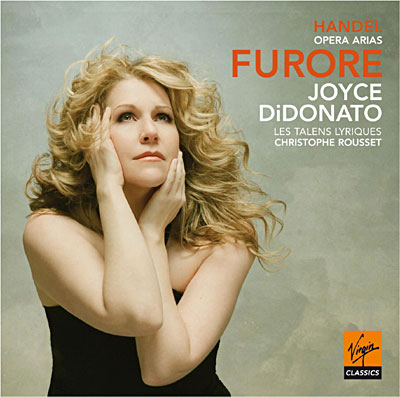I had the privilege to attend the final dress rehearsal of Heggie's opera based on the novel (also made into a movie) by Sister Prejean,and afterwards the dead man kept walking. In my mind and in my soul!
The visceral does appear first
There is some nudity, violence and profanity.
Compared to what one sees on TV and elsewhere, it's relatively minor.
One feels, as did the parents of the youngsters slain by De Rocher, a thirst for 'biblical' revenge!
One feels, as did the parents of the youngsters slain by De Rocher, a thirst for 'biblical' revenge!
One feels Sister Helen Prejean is predisposed to champion the murderer.
Which seems an affront to the desolated parents.
But as the work progresses one comes to realize that belief in God's mercy has a valid presence.
That the death of the murderer does not replace the lives of two slain youngsters.
And it does force one to confront the controversial subject of the death penalty.
As I have neither read the novel, nor seen the movie,
I came to this work innocent of any preconceived ideas.
What impressed me the most:
The truly spectacular 'tour de force' by Mezzo Joyce DiDonato as Sister Prejean. A role she fills with extraordinary beauty of expression, vocally and as an actor. She is on stage almost the whole time. She produces sounds that seem otherworldly...reaching heights I did note expect to
hear from a Mezzo.
Frederica von Stade, in one of her farewell appearances, sings De Rocher's Mother with a clarity of diction, that makes surtitles superfluous, in the photo she is pictured with Jake Heggie, the composer:
Phillip Cutlip, as De Rocher, manages rather well portraying a crude, defiant man, unrepenting until the very end, when strapped down, he does express his sorrow for the parents.
Suzanne Mentzer, as mother of the slain girl, strikes just the right vocal balance singing with emotional impact.
The cast, comprised of a large children's chorus, extras and
many cameo roles filled adequately, does surprise one with its size. Somewhat unexpected.
(And therein lies a problem, for me at least.
An opera/movie can only make a bald and fixed statement.
It may lack the shadings and interpretations the reader can bring to the book.
Although a musical work can help that some.
The composer, through his choice of music can emphasize emotions, events and actions.
But it is, again, HIS choice).
But I digress, so back to the cast:
Measha Brueggergosman as Sister Rose displayed a pleasant sound, but was IMHO,
too often drowned out by the music and scarcely audible.
Now, this could be due to the fact, that some singers do not sing at full power in rehearsals.
Beau Gibson, as Father Grenville, disappointed me (see above note re rehearsal)
but others may find his voice pleasantly adequate.
Hector Vasquez sang the Warden with a suave and rich baritone sound.
Old and new Studio artists acquitted themselves well.
Michael Sumuel as the forgiving motor cycle cop,
and Jon Kolbet as one of the fathers.
Brittany Wheeler, Kiri Deonarine and Boris Dyakov blended well with the others.
Maestro Summers kept polishing and tweaking orchestral sounds after the intermission,
in order to bring out the best of Heggies' music.
Ah yes, the music.
Strong, sometimes overpowering.
Full crescendo to suit the emotions on stage.
I think I heard a soupcon of Gershwin, a bit of Bernstein here and there.
There was some borrowing of gospel music, some of American folk and pop tunes.
Some subtly hidden, some openly copied.
Sister Prejean's music was ethereal. Wavering, as her 'human' disgust of the murderer made her doubt that she could help him find solace and salvation. But also firmly expressive conveying 'her' conviction in a merciful God.
I admit feeling a bit inadequate to put into words what I experienced whilst listening and watching.
The subject is controversial for sure.
When looking at the instant comments I see several hmpfs..
While I appreciate that you have read this post...thank you!...
I would like to know what makes you, chers readers, say hmpf.
Do you dislike any subject but hockey?
Do you dislike my impressions?
I would like to know. Afterall, opera causes subjective reactions.
What I experience you may not and vice versa!
So grit your teeth and write in a real comment.


3 comments:
I believe that if you talk with Mr. Heggie you will discover that he wrote even the pop tune on the radio plus all the other music in the style of others.
Every character in Dead Man Walking is on his or her personal journey, and the listener gets to experience them all. The music keeps the emotional roller-coaster on track.
@ A 1..that seems a bit harsh!
@ A 2..well, almost!
Post a Comment